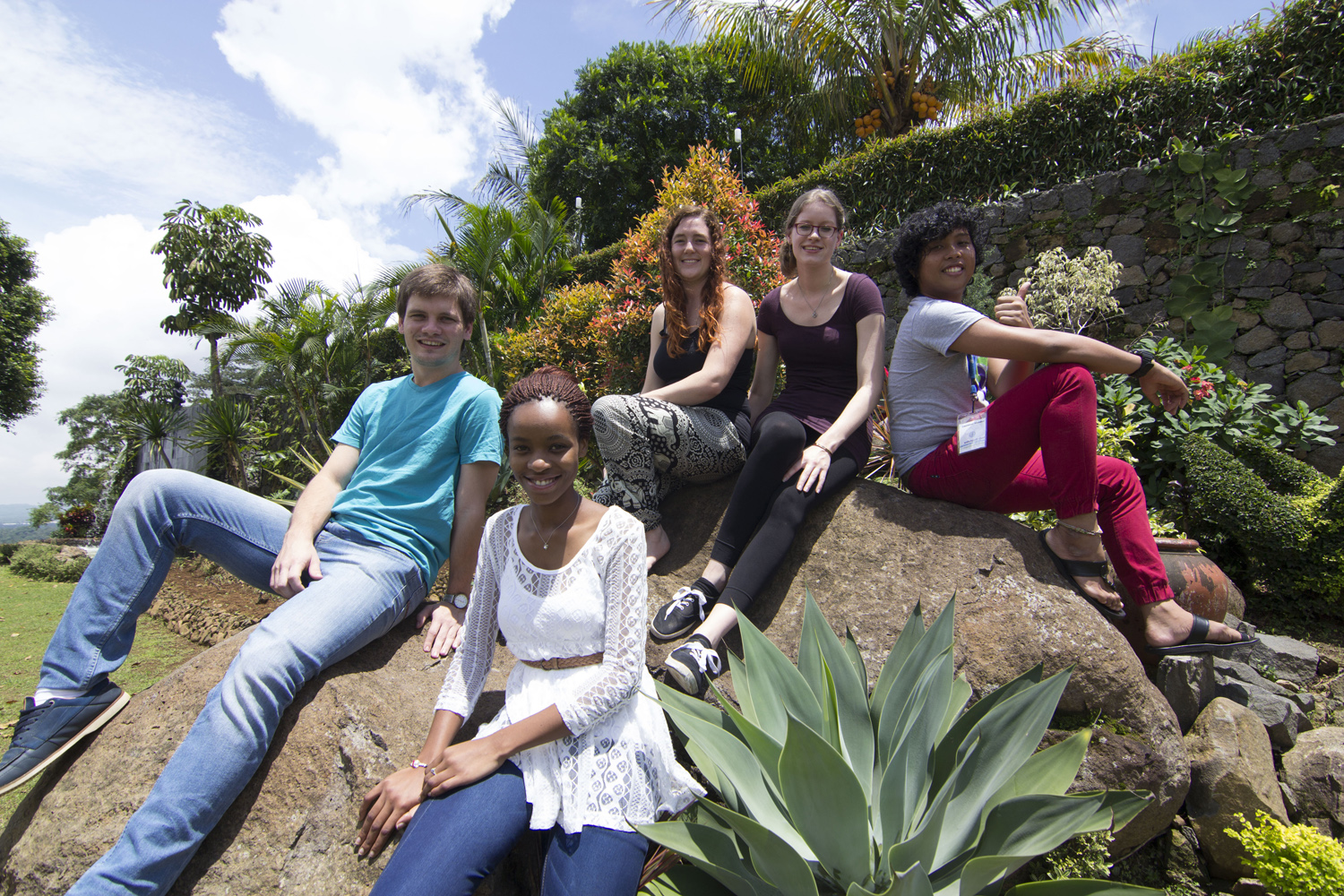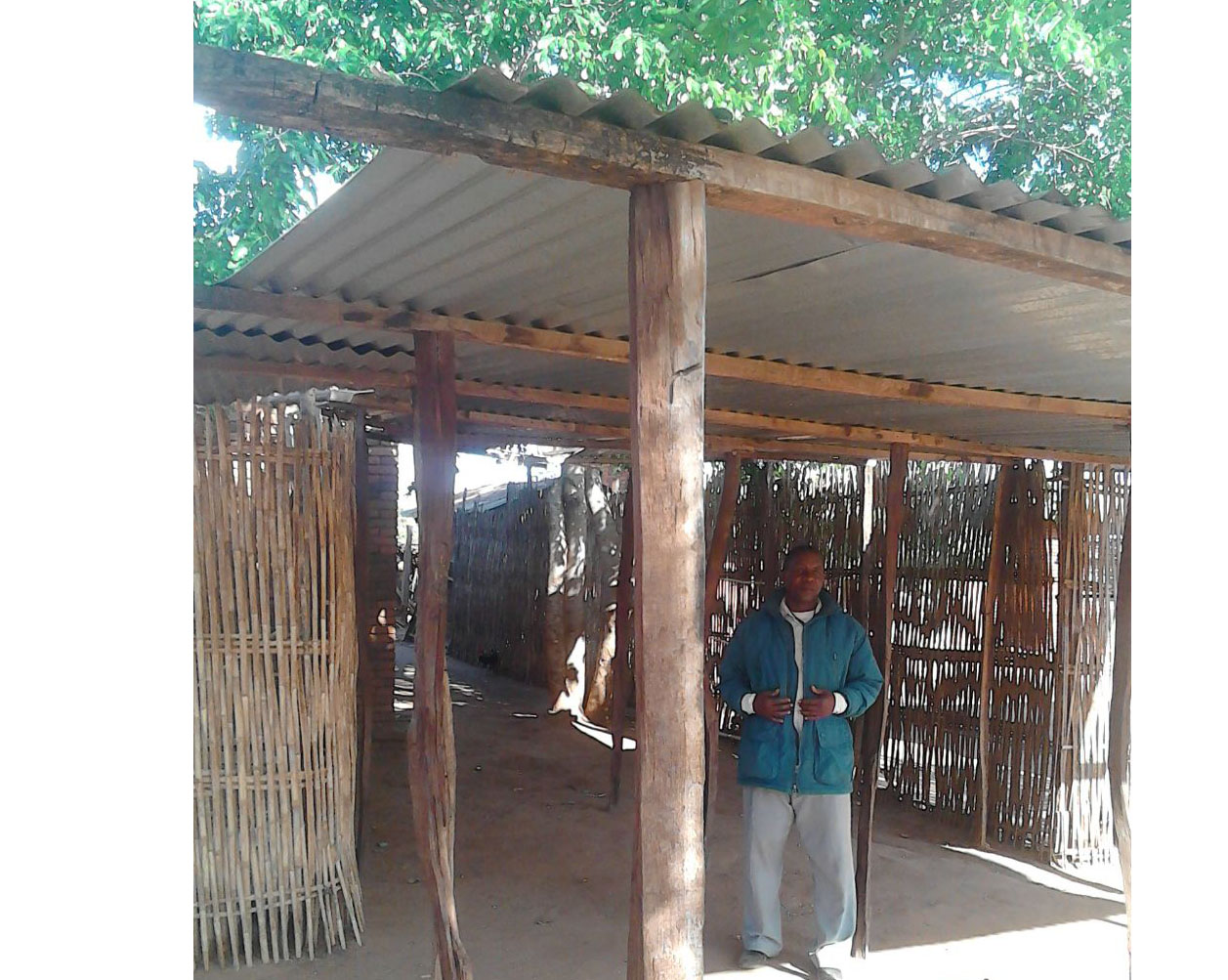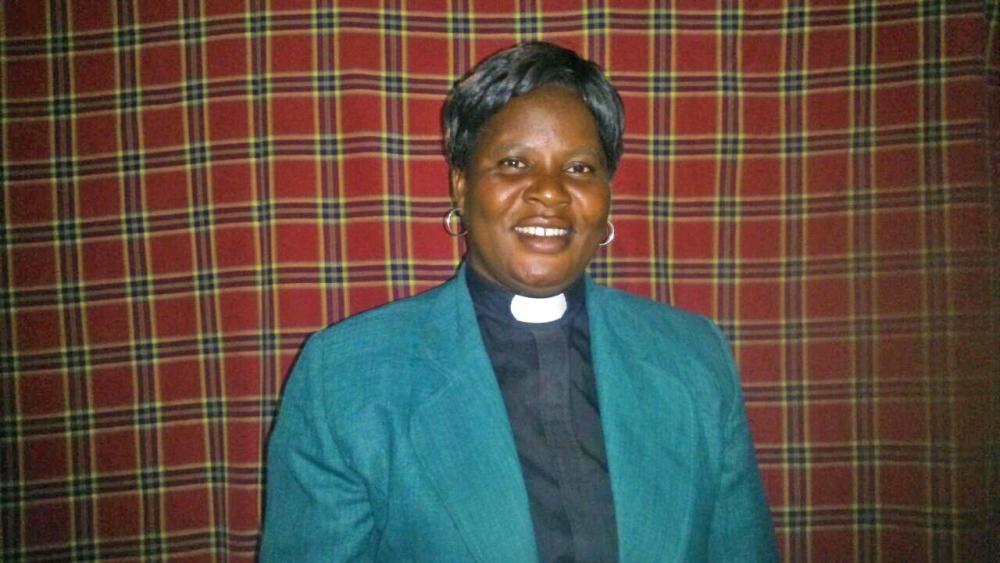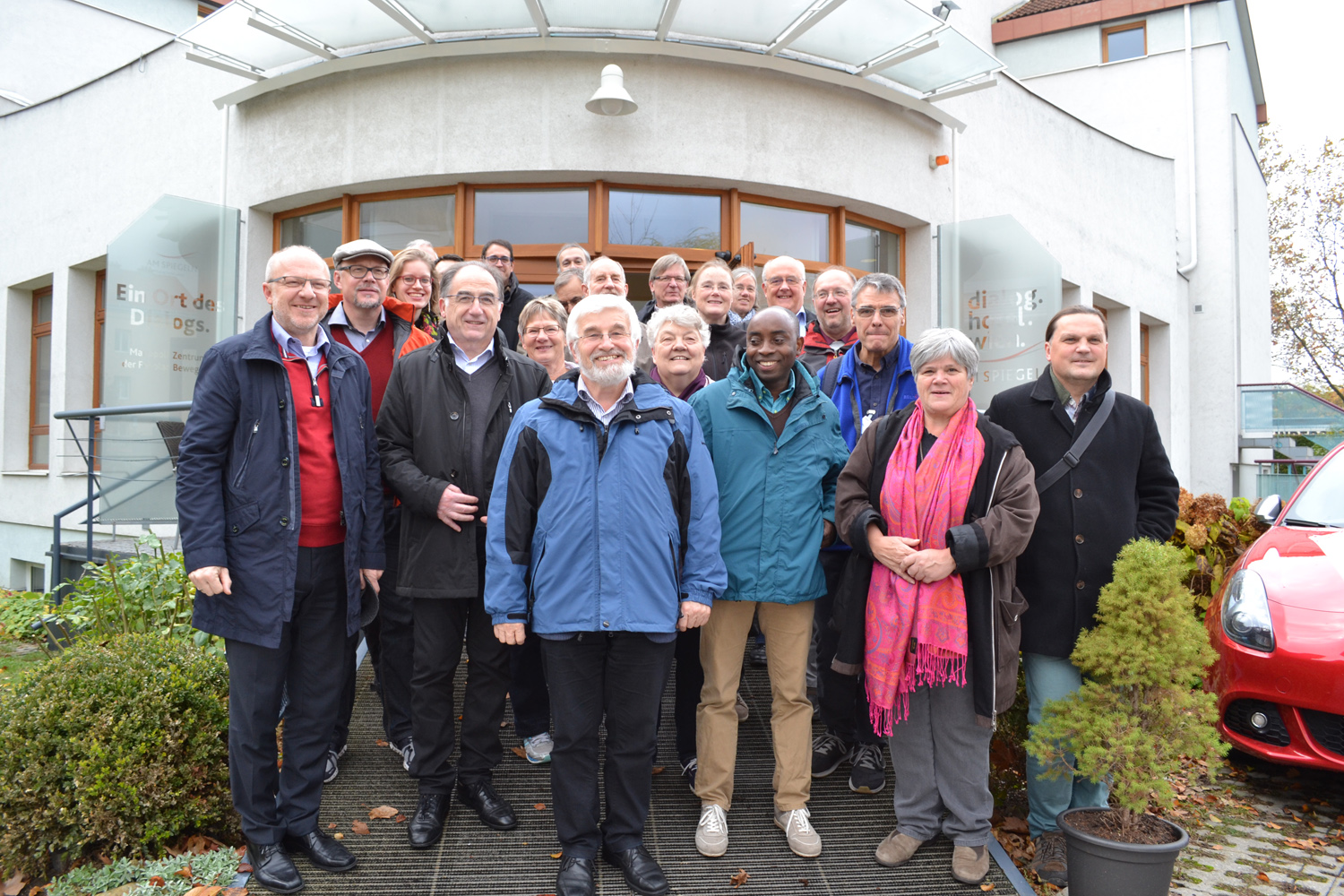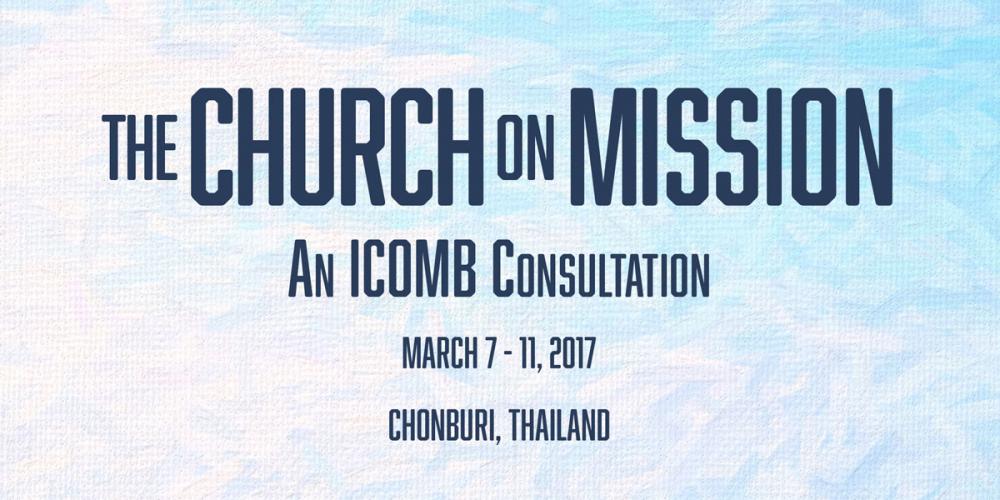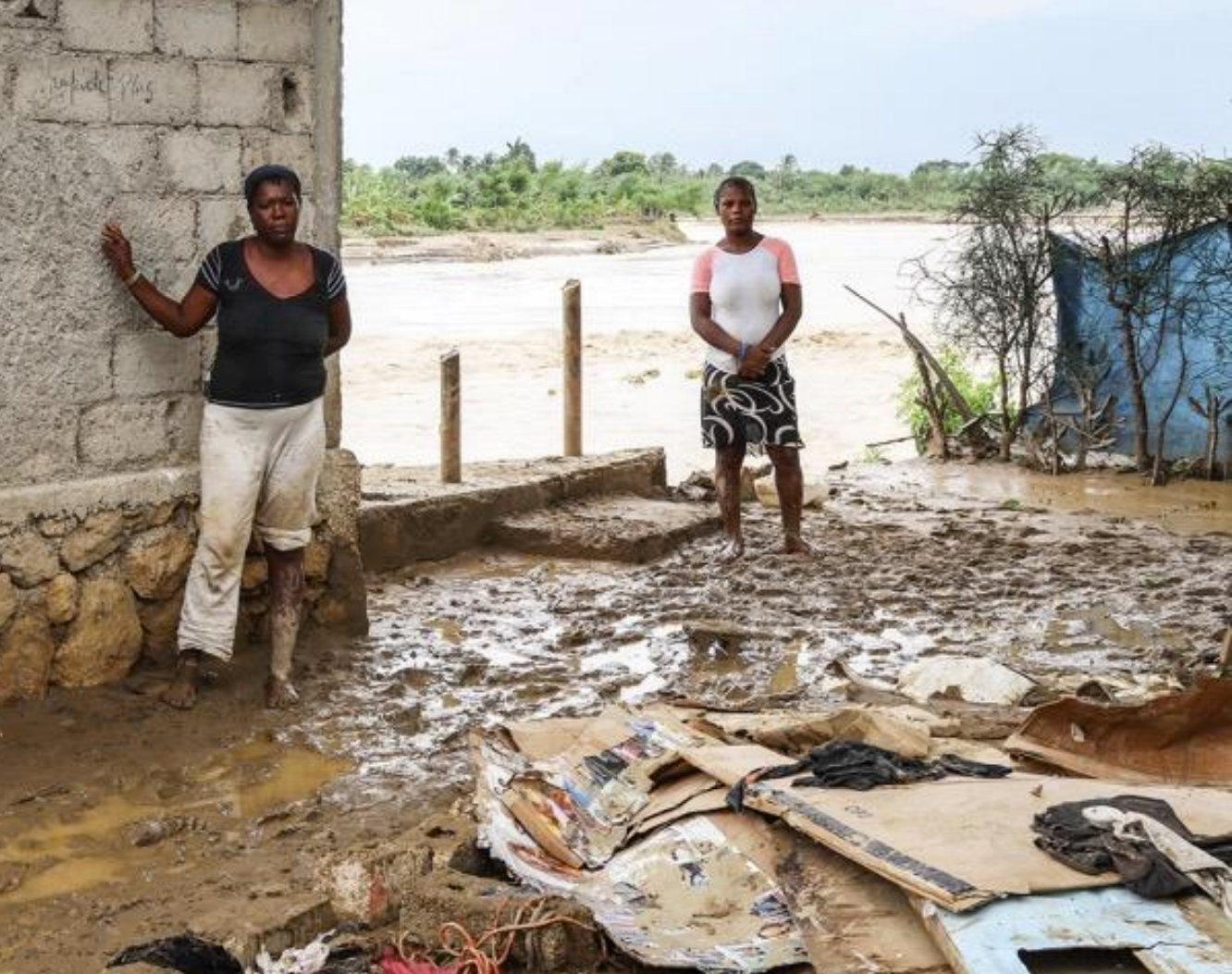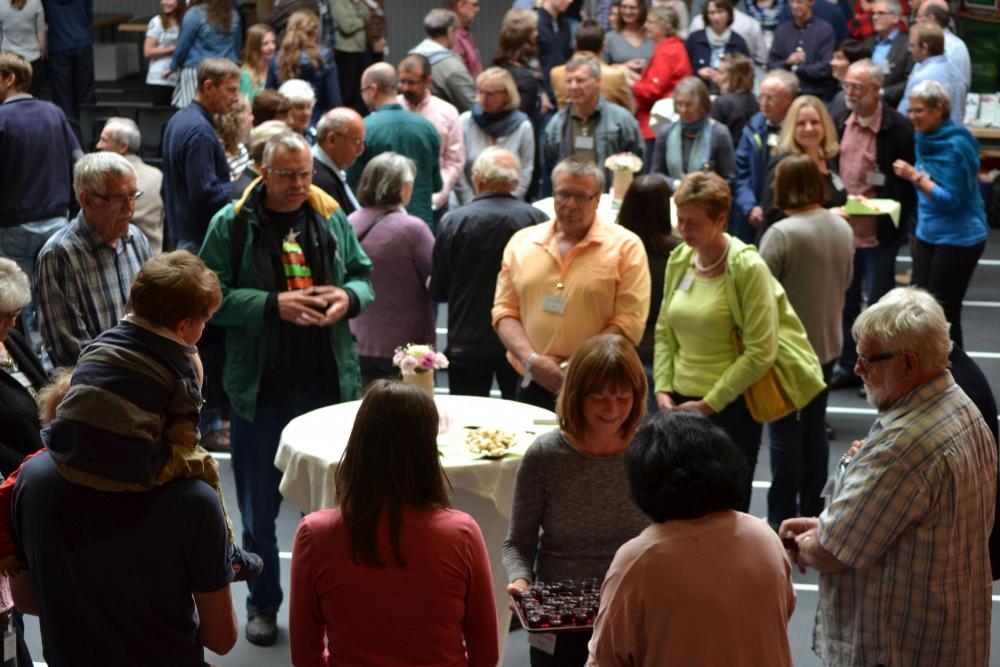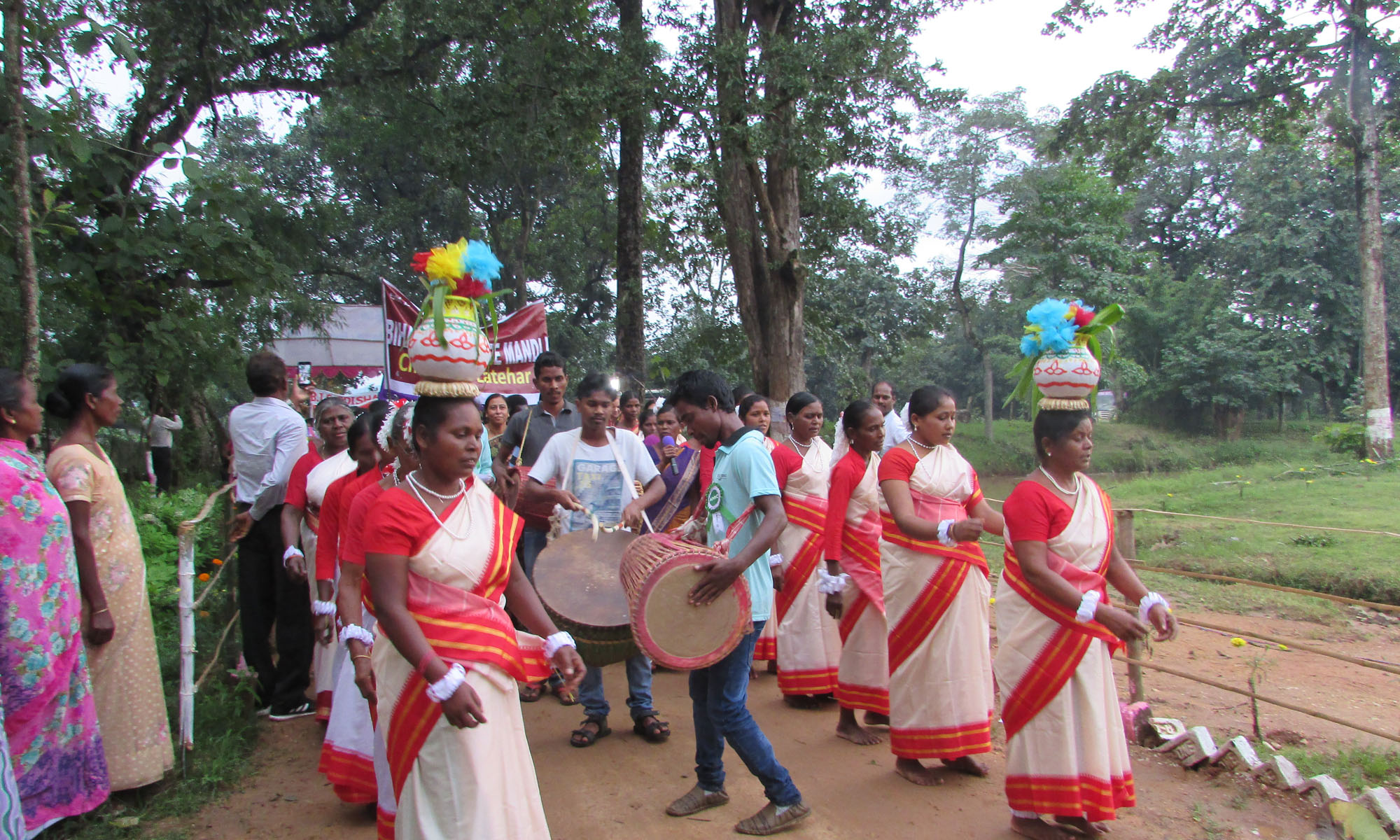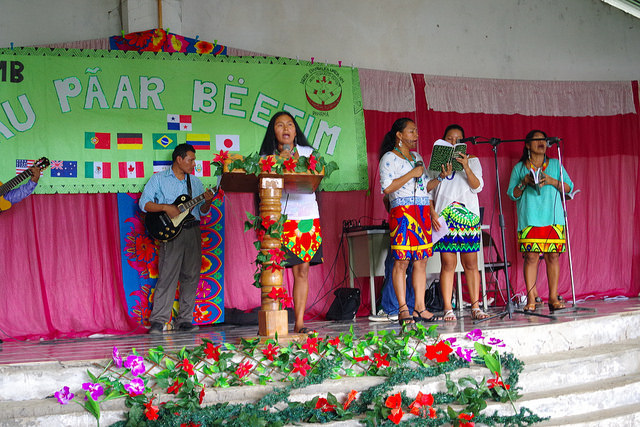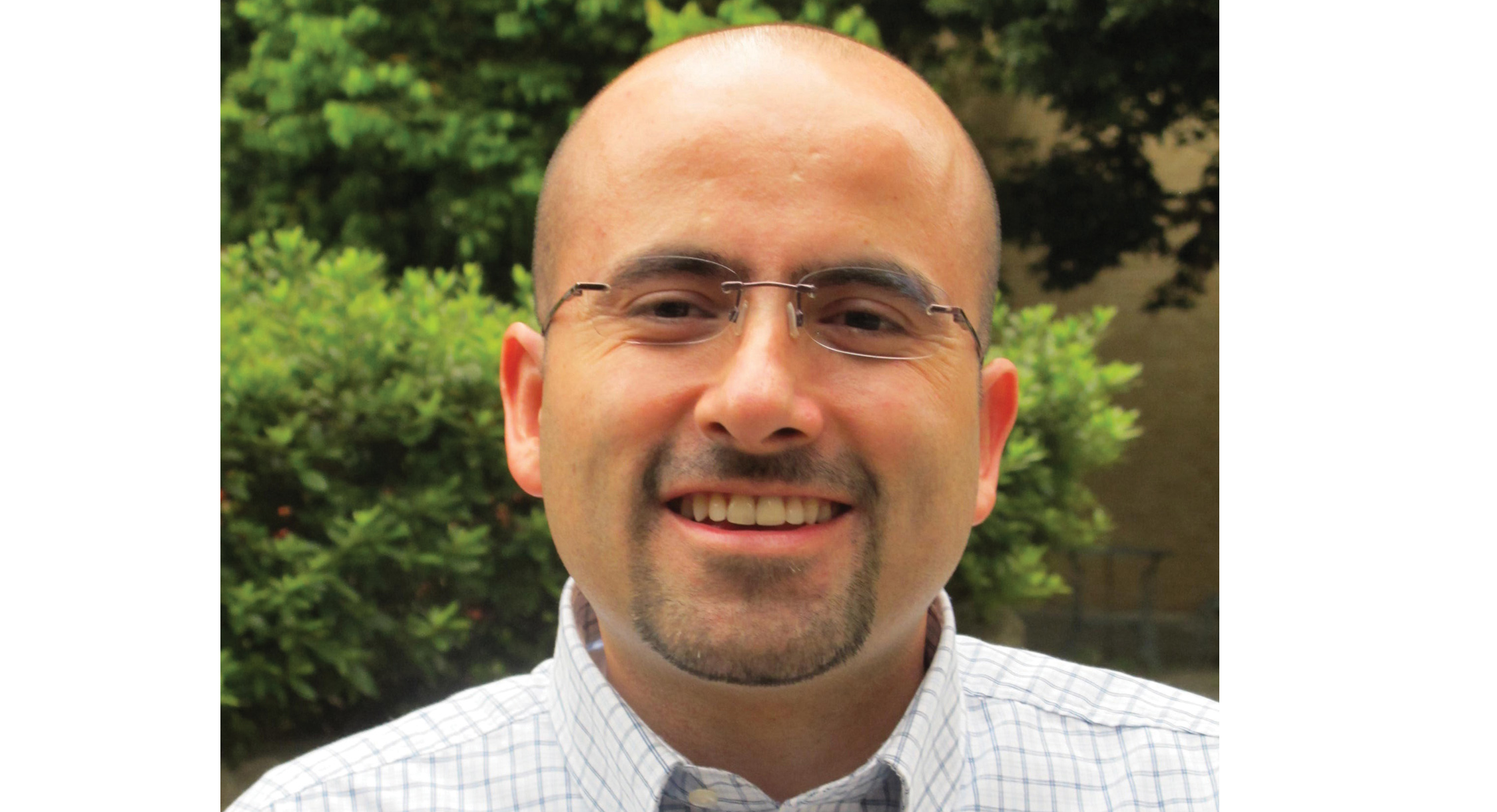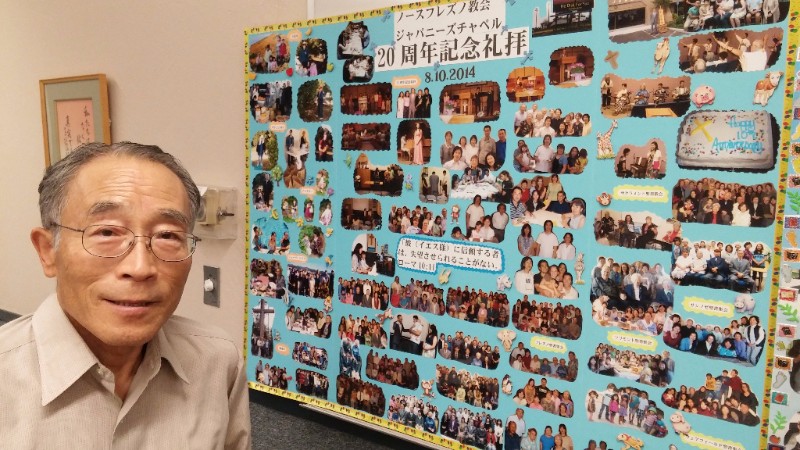-
A Young Anabaptist takes flight
Almost a year ago, a step onto a plane was the first into a whole new world of not only learning many new things, but meeting a bunch of inspiring people. In February 2016, my first year as a member of the Young Anabaptists (YABs) Committee started. A little nervous, a little apprehensive, but a
-
Building a place for God
MWC Global Church Sharing Fund helps build mission church in southern Tanzania A church building is a space to encounter God. This encounter is one of the most basic acts of drawing the kingdom of God into the heart of a community. When we build a church building, we set a place for God. People
-
The gift of communication
Bogotá, Colombia – Where can you find testimonies from church leaders in the Global South, perspectives on current events from global Anabaptist church leaders, and keep up with the latest resources and events in the Mennonite World Conference community? In MWC Info, a monthly newsletter that points to news and stories on our website. Subscribers
-
Praying for Europe
Leaders of Mennonite national churches in Europe held their annual meeting 28–30 October 2016, in Vienna, Austria. Mennonite World Conference was represented by Chief Events Officer Liesa Unger, Europe Regional Representative Henk Stenvers, YABs committee member Jantine Huisman, and Executive Committee members Rainer Burkart and Jean Paul Peterschmidt. Pray for the needs of the
-
Ministry partner update: ICOMB – December 2016
The International Community of Mennonite Brethren (ICOMB) is made up of 21 national churches in 19 countries with approximately 450,000 members. ICOMB exists to facilitate relationships and ministries to enhance the witness and discipleship of its member national churches – connecting, strengthening and expanding. The International Steering Committee has almost completed its planning for the
-
Mennonite churches in DR Congo
Background The Democratic Republic of Congo is a country located in Central Africa, inhabited by nearly 80 million people, belonging to500 tribes and living on a surface of 2 345 410 square kilometers. The country experienced two waves of evangelism. The first evangelism occurred during the15thcentury through the first European explorers. This evangelism did not
-
SOS pour Haïti
Savez-vous qu’il y a davantage de mennonites en Haïti qu’en France ? Le Réseau mennonite francophone (RMF) est en contact avec un groupe d’églises en Haïti. Interview pour faire connaissance après le passage de l’ouragan Matthew à la fin du mois de septembre 2016 RMF : Haïti a connu une nouvelle catastrophe naturelle, l’ouragan Matthew.
-
Community draws together in Enkenbach-Alsenborn – Germany
Robert Beutler knows all too well what it means to be persistent. After hearing of a Syrian refugee family’s arrival in his hometown of Enkenbach-Alsenborn, he made a point of contacting the family to welcome them. It was only after the third attempt, however, that Mr. Beutler finally caught the entire family at home. “These
-
Bihar Mennonite Mandli hosts all-India Mennonite women’s conference
Winnipeg, Manitoba, Canada – A downpour of rain preceded a shower of flowers as women paraded dancing and drumming to the shamiana (tent) that would shelter the All India Mennonite Women Conference (AIMWC) 6–9 October 2016. Bihar Mennonite Mandli (BMM) church hosted nearly 400 women representing nine national churches from India and Nepal who travelled
-
Ministry partner update: ICOMB – November 2016
The International Community of Mennonite Brethren (ICOMB) is made up of 21 national churches in 19 countries with approximately 450,000 members. ICOMB exists to facilitate relationships and ministries to enhance the witness and discipleship of its member national churches – connecting, strengthening and expanding. Consejo de las Congregaciones de los Hermanos Menonitas del Uruguay (Uruguay
-
The miracle of unity
How can unity between different nations or communities be achieved? Many methods have been sought since the Tower of Babel times. In that Bible story, the people attempt to achieve unity by having a common vision and a call to work toward the same goal; and as we well know, the endeavour fails. Having a
-
Ministry partner update: ICOMB – October 2016
The International Community of Mennonite Brethren (ICOMB) is made up of 21 national churches in 19 countries with approximately 450,000 members. ICOMB exists to facilitate relationships and ministries to enhance the witness and discipleship of its member national churches – connecting, strengthening and expanding. Pastor Fujii leads Japanese MB churches in Fresno and Sacramento, California.
